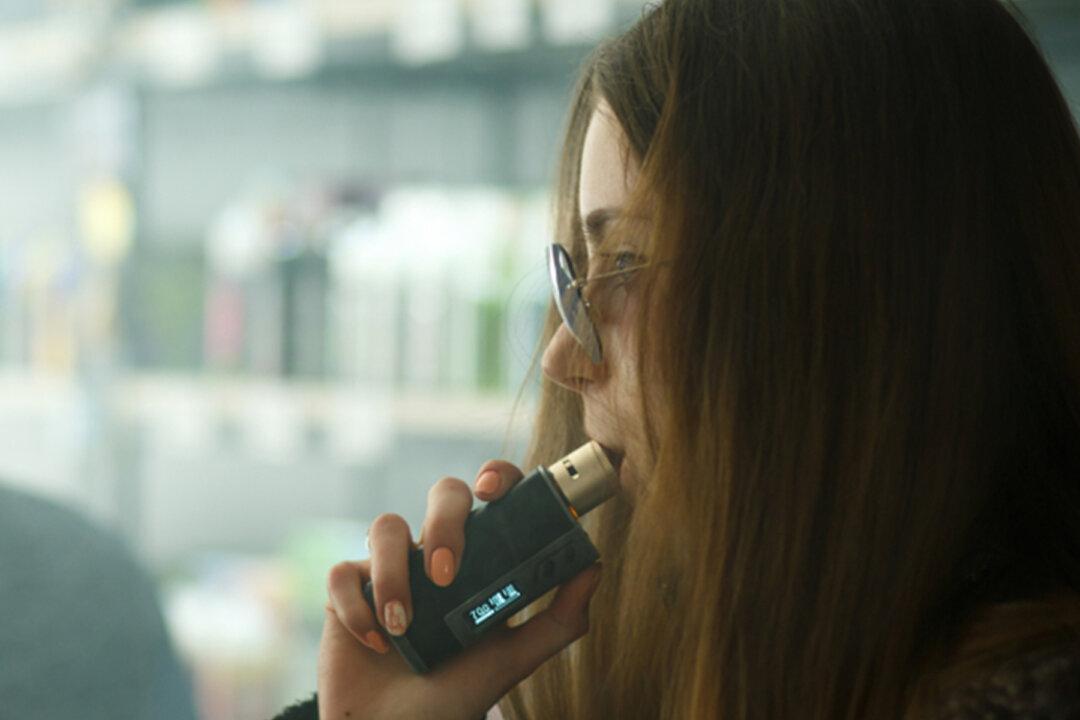A study conducted by the University of Queensland (UQ) on teenagers across 44 different countries concluded that increased tax on tobacco was associated with increased e-cigarette consumption among adolescents.
“We found that higher tobacco taxes were associated with higher levels of youth vaping,” said lead author Dr. Gary Chan. “This could suggest that young people in countries with a higher tobacco tax might be substituting traditional cigarettes with e-cigarettes.”





